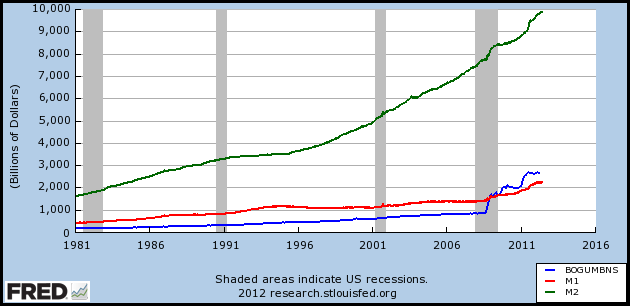The rise of the digital currency industry can be attributed to citizens and consumers’ lack of faith and trust in the United States dollar, the euro and other well-known securities. Besides not being backed by anything, central banks have been printing exorbitant sums of money since the financial crisis, thus devaluing the purchasing power of a currency.

According to Yves Mersche, an executive board member of the European Central Bank (ECB), the euro is a strong globally recognized currency and is accepted as a method of payment anywhere across the globe. This is what makes the euro a superior currency compared to virtual currencies like bitcoin.
“Euro banknotes and coins are a method of payment of stable value, acceptance of which is compulsory, and thus they are superior to alternative methods of payment,” said Mersch at the 2014 Bargelsymposium in an address made to the Deutsche Bundesbank (German central bank).
Another reason he says alternative currencies are inferior to establishment currencies is because “there are probably a maximum of two million Bitcoin users, and only a few thousand businesses and service providers which accept Bitcoin.”
He added: “Although interested parties can very easily download the application for Bitcoin, they neither understand how this payment system works exactly, nor the risks they run when using it.”
In the end, bitcoin does not have the ability to successfully compete with the bank system’s payments or euros.
Whether or not bitcoins is a success remains to be seen, but Mersch’s comments about a strong currency could very well come into question, despite the notion that the eurozone is suffering from deflation. For instance, since the financial crisis, the ECB has printed trillions of euros – in 2012, for instance, the ECB announced a $1.30 trillion long-term refinancing operation (LTRO).



